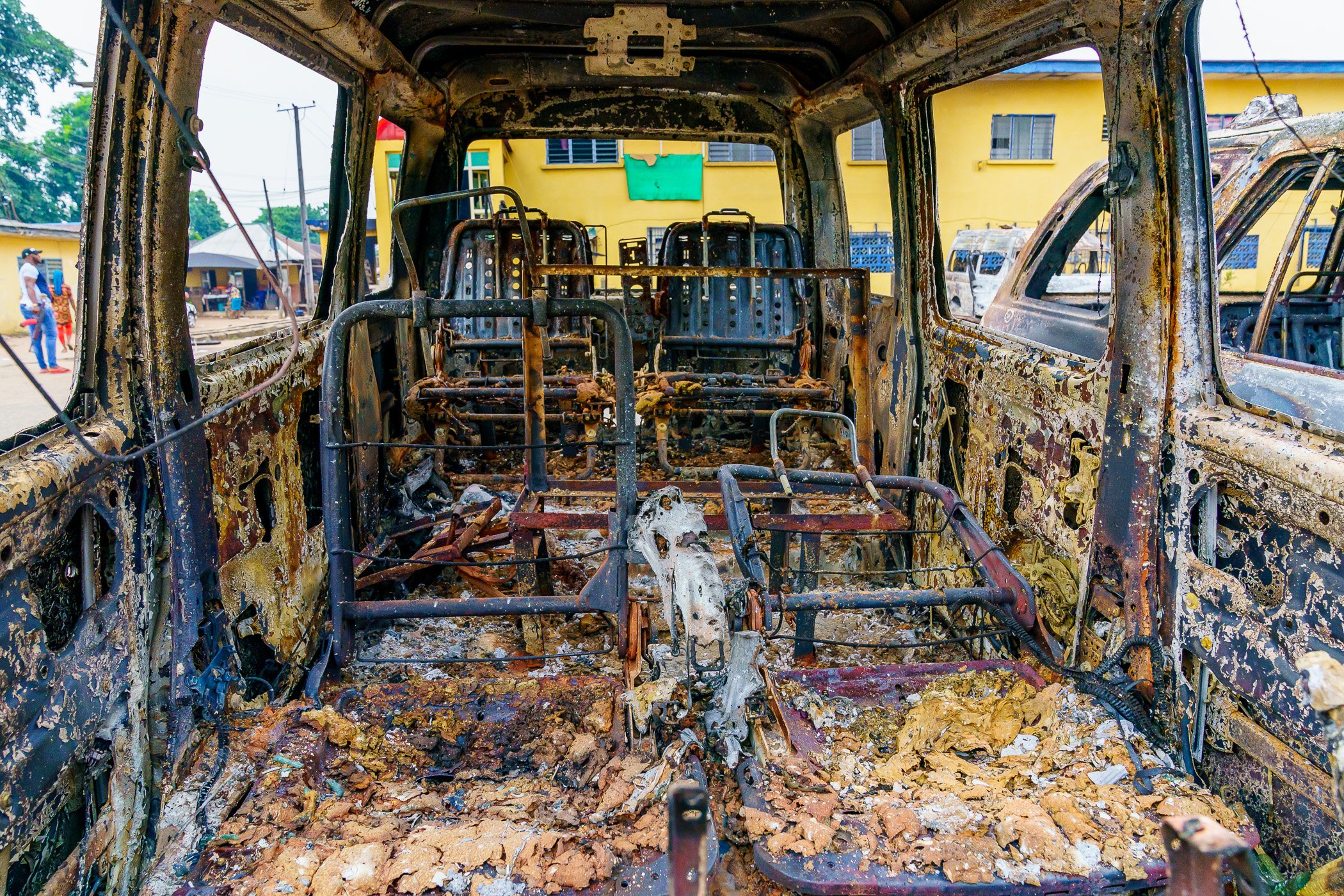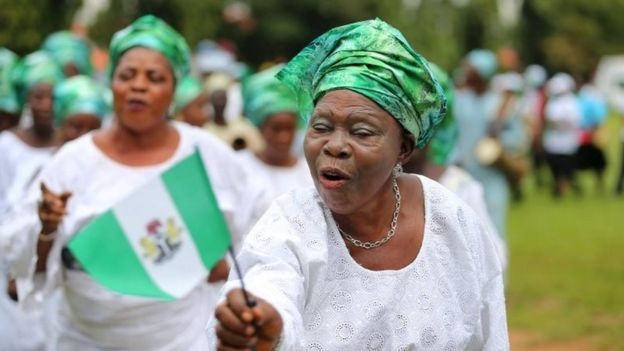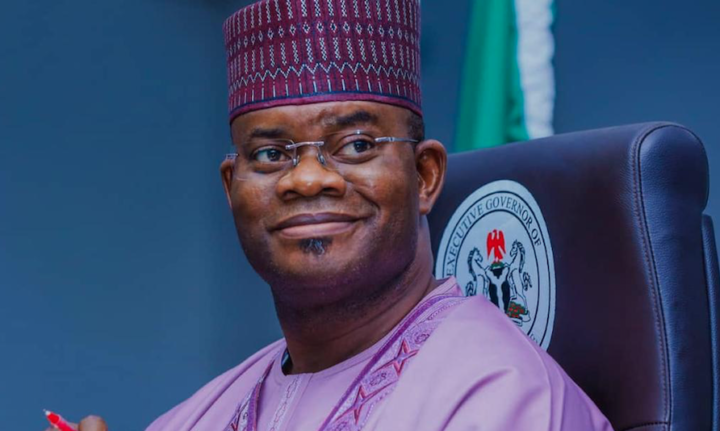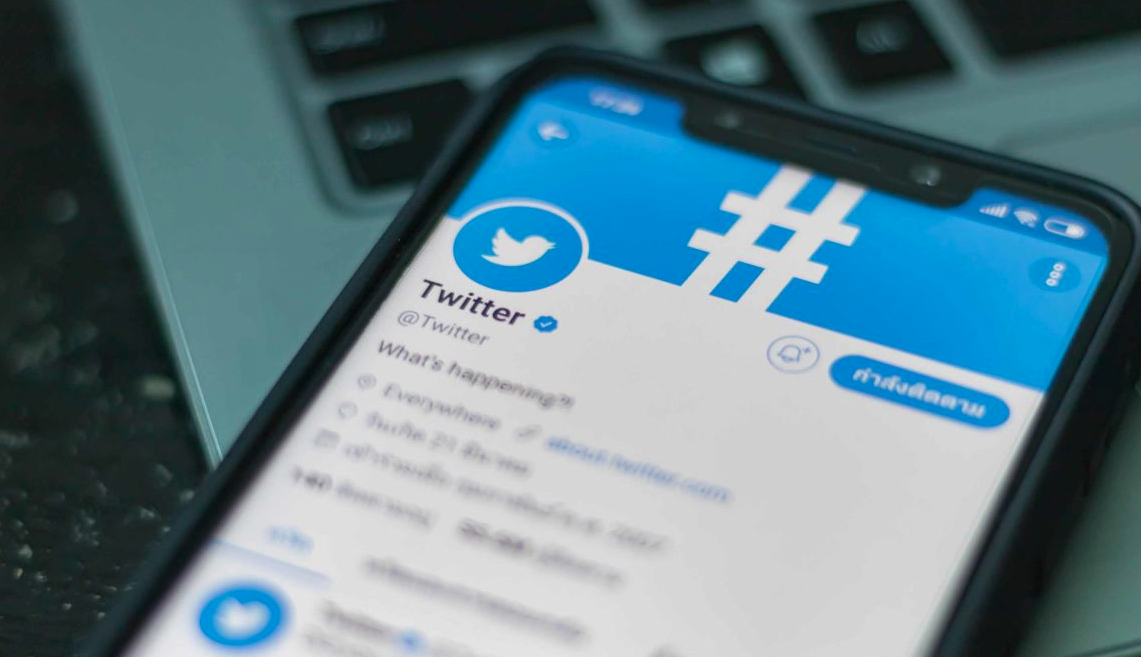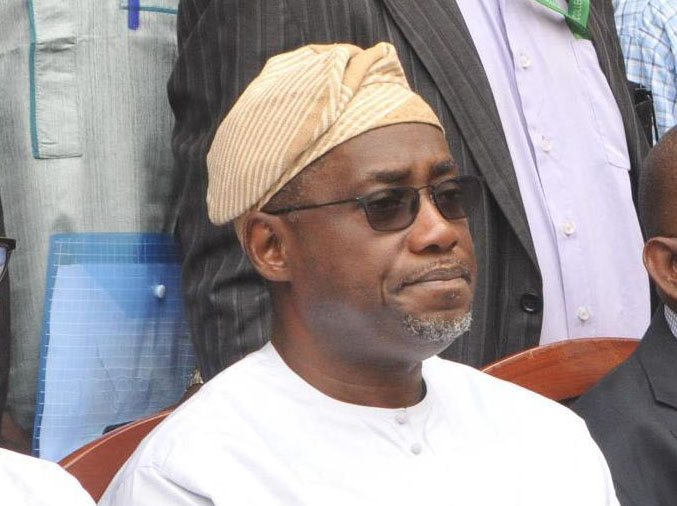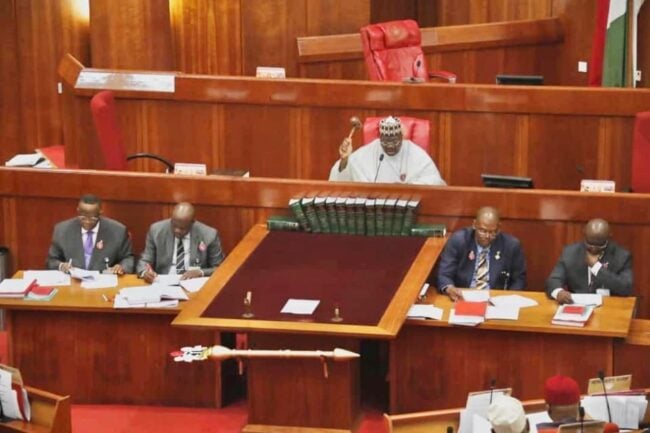BY CHINEDU CHIDI
Nigeria has many serious problems. I reckon that one such problem is poor English comprehension. This may seem far-fetched or misplaced on the surface, but hear me out.
By claiming millions of Nigerians are suffering from a critical lack of English comprehension skills, I may be too naïve. I may be ascribing too much innocence to the Nigerian public. Maybe it is not so much poor English comprehension as it is willful disregard for accurate information and a commitment to disinformation.
Information is very crucial to the survival of any people, nay civilisation! Genocides, wars, ethno-religious clashes have been fuelled by information. People were convinced of certain information and driven into acts of violence as a result. This has been true in all of history, and is so true today in Nigeria and the world over.
Advertisement
So much has been said about the power of disinformation, more controversially tagged ‘fake news’, and how much potential to upend the social order it has. We have seen this proven true in a number of countries particularly in the UK and the US, with conversations around Brexit and the ‘America First’ mantra as the respective reference points. We have also seen it in Nigeria, with claims about the existence of a doppelgänger President Buhari a most laughable example.
But there’s a unique strand of the information crisis that has caught my attention especially in Nigeria— English comprehension deficit. And this is the focus of this article.
A number of instances in Nigeria have shown either a lack of language comprehension skills or sheer disregard for meaning, sometimes with dangerous implications. I will present two major examples.
Advertisement
Let us start with the recent speech by President Muhammadu Buhari ostensibly threatening brutal force against insurrectionists which has generated so much controversy and inspired a social media campaign leading to the deletion of the portion of the speech deemed egregious by Twitter. The full text of the now controversial portion of the speech is transcribed below with the source video:
{embed video here} https://twitter.com/henryshield/status/1399944292794351618?s=21
“For those of us who were unfortunate to be in the field for the 30 months of the Civil War to see the carnage of how we killed ourselves, at least a million people; I think those that are misbehaving were either too young, they don’t know what happened; but for those of us who went through all these things, we can’t understand, so we will treat them in the language they understand”.
Looking at the above direct textual representation of the president’s speech, can we say he threatened genocide as has been widely reported? Well, a look at some key points from his speech below:
Advertisement
1. The president’s recollection of the Civil War was sober, poignant and regretful, highlighted by the words, “unfortunate”, “carnage”.
2. The president was clearly heartbroken that the younger generation fomenting trouble and taking steps possibly pushing the country to the brink of a war, were ignoring the lessons from our bitter history of devastating war
3. The president’s statement “so we will treat them in the language they understand” appears, given the preceding words, to refer to using the full might of state to stop those seemingly hellbent on taking the country to another unfortunate war. In other words, he is pushing for a preventative measure; a measure to stop our descent to the hellish abyss of war.
4. The president was only referring to those fomenting trouble, those carrying out coordinated attacks on institutions of state. In other words, those threatening the survival of the Nigerian state. He described them as “those that are misbehaving”. In his larger speech, he had mentioned “insurrection”. So he was referring to insurrectionists.
Advertisement
Reading the statement for the very first time, I came away with this exact meaning. It was thus shocking when I saw the mass reaction to the speech that eventually led to a tweet of that portion of the speech being deleted by Twitter. The hysteria, frenzied response and reference to genocide continue to challenge my sense of comprehension. Was there another speech? Did the president make another presentation other than the video in circulation? I’m puzzled!
Another example is the widely used “Fulani herdsmen” tag— cherished by the media, popular to large sections of the public, but a millstone on the neck of an entire tribe.
Advertisement
I am not sure any crisis in Nigeria’s history has had as much odd conflation as the farmer-herder crisis. It has become so difficult to separate fact from fiction.
This very devastating crisis requires an urgent solution; but how can a solution be gotten when it is so difficult to even accurately classify the problem and it’s chief actors. The conundrum has been made even more complicated with the intertwining of kidnapping and banditry with it.
Advertisement
Every time there is some attack associated with people of Fulani extraction, the word “herdsmen” almost always accompanies the reportage. When kidnappers of Fulani extraction are arrested, large sections of the media report it as “Fulani herdsmen” or simply “herdsmen”. They have completely jumbled up the difference between tribe and profession. It is as if it is an established fact that every Fulani person is a herder. Though nomadic herding has historically been associated with the Fulani, it is by no means a substitute for the Fulani ethnic identity. Not every Fulani person is a herder; it pains me to even have to state this. This clarification is to our collective shame. A herder herds, a kidnapper kidnaps. Herders who clash with farmers or host community members are violent herders. Members of any tribe who form a group to attack members of other tribes or institutions of state are insurrectionists, not herdsmen.
Let me not even delve into the countless use of “suspected herdsmen” by the media and many Nigerians even when there isn’t a shred of evidence on the culpable party. Thinking qualifying “herdsmen” with “suspected” absolves one of the responsibility of ethical restraint is itself a crisis of logic, a poor if comical attempt at hiding in plain sight.
Advertisement
We must be careful to establish these differences so that those peacefully engaging in the honest business of herding (whether they are Fulani or not) are spared needless stereotyping and attacks. Shouldn’t we be neatly separating these tags so as to isolate the different problems in order to find fitting solutions to each?
I understand that critical thinking is hard and peddling narratives are easy and convenient. But choosing the easy path when it comes to information management especially in a country as fragile as ours is dangerous. We stand the risk of mutually assured destruction if we do not pause to think about the harm that rushed and flawed interpretation or willful misinterpretation can cause us as a nation.
Another phrase which has now become the darling of the mischievous Nigerian media is “unknown gunmen”. Formerly, the phrase was used as an alternative to “yet-to-be-identified gunmen”. Now, it’s been conferred with the full status of a settled identity, one not needing further probing. The media has even shamelessly created UGM (sic) as the preferred abbreviation. The media never learns!
We have a terribly bad security situation as it is, we must not compound it through the mismanagement of information.
It is time for us to collectively resist the urge of setting our house on fire— the house in which we live!
Views expressed by contributors are strictly personal and not of TheCable.
Add a comment
